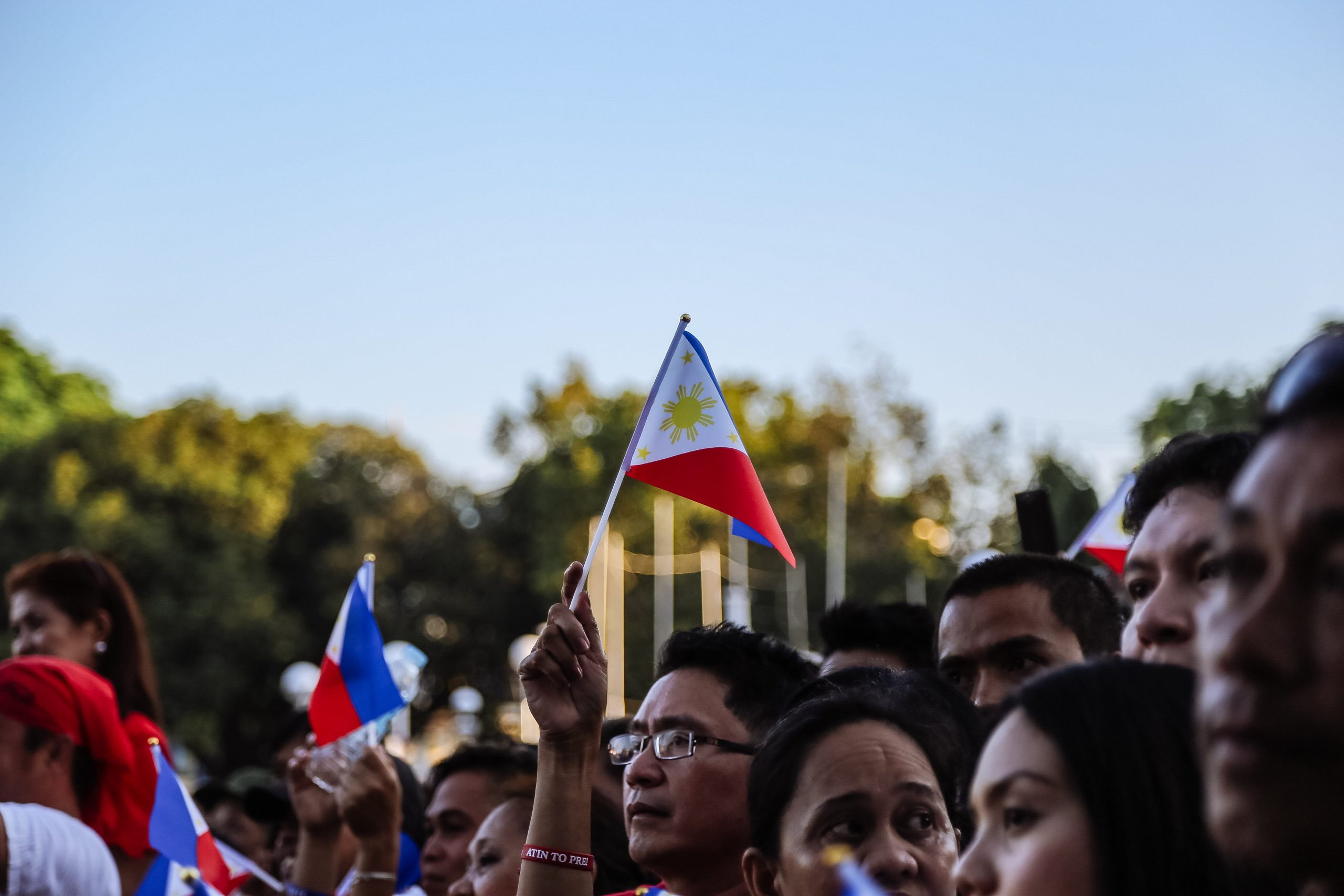183 members of the House supported the passage of the Bill on human rights defenders through three readings, with no member opposing or abstaining from the vote. While a very welcome development, the Bill will only enter into force, however, if it is formally passed by the House, passed by the Senate and approved by the President.
The Bill was developed in consultation with civil society and is based on the Model Law for the Recognition and Protection of Human Rights Defenders that articulates the United Nations Declaration on Human Rights Defenders into national law.
This is a significant step towards the recognition and protection of human rights defenders in one of the most dangerous countries in the world for activists. According to Front Line Defenders, the Philippines has the highest rate of killing of human rights advocates and activists outside of the Americas. National organisations – including Karapatan Alliance for the Advancement of Human Rights, Philippine Alliance of Human Rights Advocates and Task Force Detainees of the Philippines – report that 687 human rights defenders were killed in the country between 2001 and 2018.
The passage of the Bill through three readings by parliamentarians comes as the President, Rodrigo Duterte, and members of his administration escalate a campaign of defamation and abuse targeting human rights defenders and institutions. Two weeks ago a group of international organisations urged the Government to respond to threats against human rights defenders by taking genuine and effective measures for their protection. The statement urged the international community to call for restrictive policies to be reversed and the UN Human Rights Council to advance accountability for human rights violations by establishing an independent international investigation into extrajudicial killings in the government’s ‘war on drugs’, and to call for attacks on human rights defenders, independent media, and democratic institutions to end. This call was strongly endorsed by a group of independent UN experts who today condemned a ‘sharp deterioration in the situation of human rights across the country, including sustained attacks on people and institutions defending human rights.’
‘Given the scale and seriousness of the reported human rights violations, we call on the Human Rights Council to establish an independent investigation into the human rights violations in the Philippines,’ the experts said.
The International Service for Human Rights (ISHR) and Front Line Defenders (FLD) welcome the significant role that the Makatao, or the ‘legislators of human rights’, in the House of Representatives – formed in March 2018 and constituting 13 founding members that cross party lines – have played in this process to improve the human rights situation.
Once signed into law, the Bill will create a Human Rights Defenders Protection Committee chaired by a Commissioner from the National Commission on Human Rights and six members who will be jointly nominated by concerned civil society organisations.
The law also defines a number of rights for human rights defenders, including:
- the right to form organisations
- the right to receive resources
- the right to disseminate information
- the right to communicate with international and regional bodies
- the right to peaceful assembly.
The law further imposes a number of obligations on the State, including:
- to respect and protect human rights defenders and facilitate their work
- to protect and penalise intimidation or reprisals
- refrain from derogatory labeling.
A counterpart Bill has been pending with the Senate Committee on Justice and Human Rights since it was presented by Senator De Lima in February 2018.
While we welcome the passage of this Bill through three readings in the House of Representatives, we continue to urge the Government and Congress to take genuine and effective measures for the protection of human rights defenders, including calling on the Senate to approve the Senate version of the bill as one of its first actions in the 18th Congress starting in July.
A reconciliation of the Senate and House of Representatives Bills will ultimately constitute law in the Philippines. It is critical that the final law resulting from the reconciliation process of the Bicameral Conference Committee ensures the highest protections in law for human rights defenders.
While the advancement of this legislation is most welcome, ISHR and FLD insist that the Government cease its attacks and smear campaigns against human rights defenders immediately and call on the international community to remain vigilant of such attacks and supportive of Filipino civil society and human rights defenders in conducting their legitimate work.
Contact: Tess McEvoy (ISHR), [email protected]; Adam Shapiro (FLD), [email protected]




